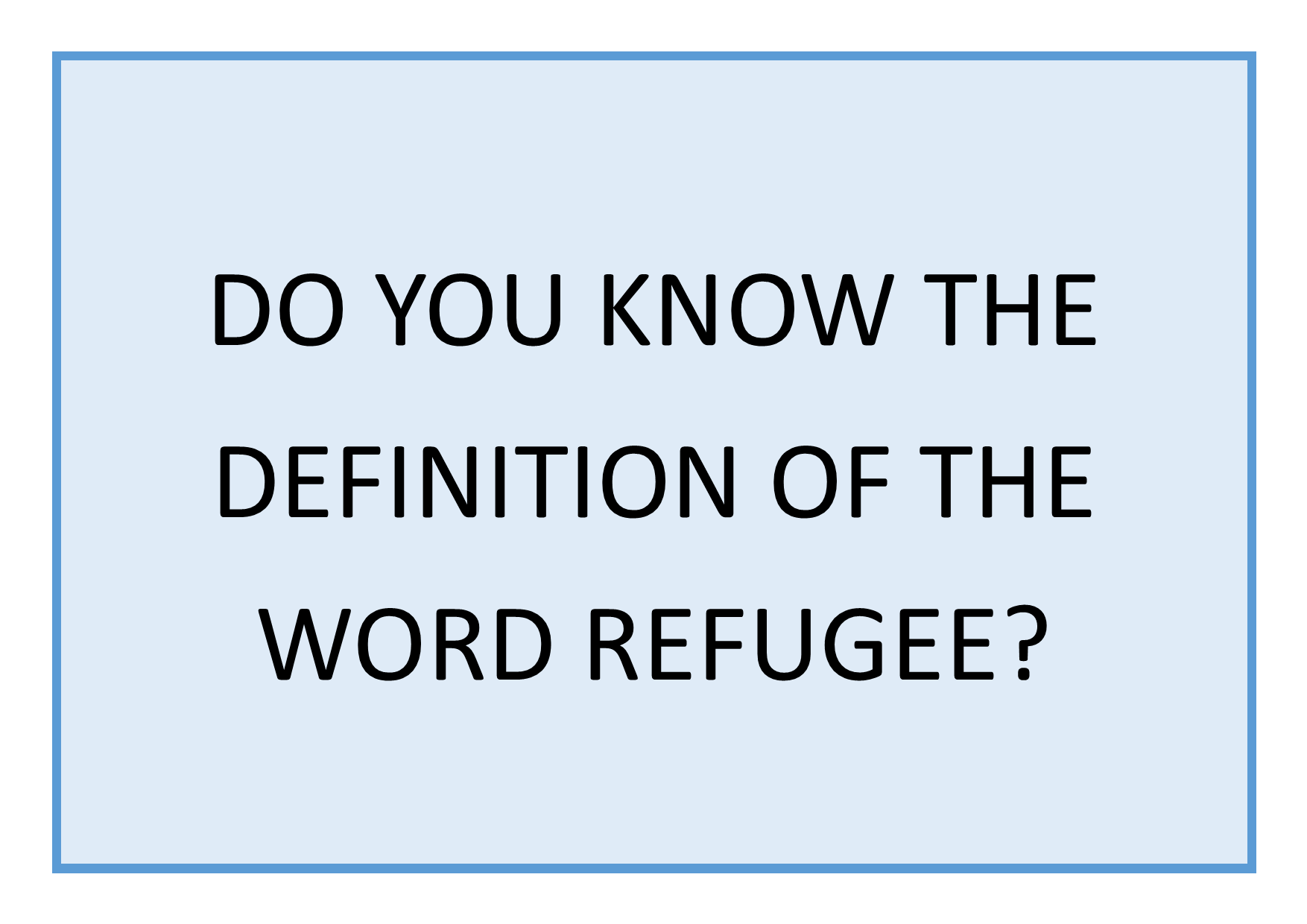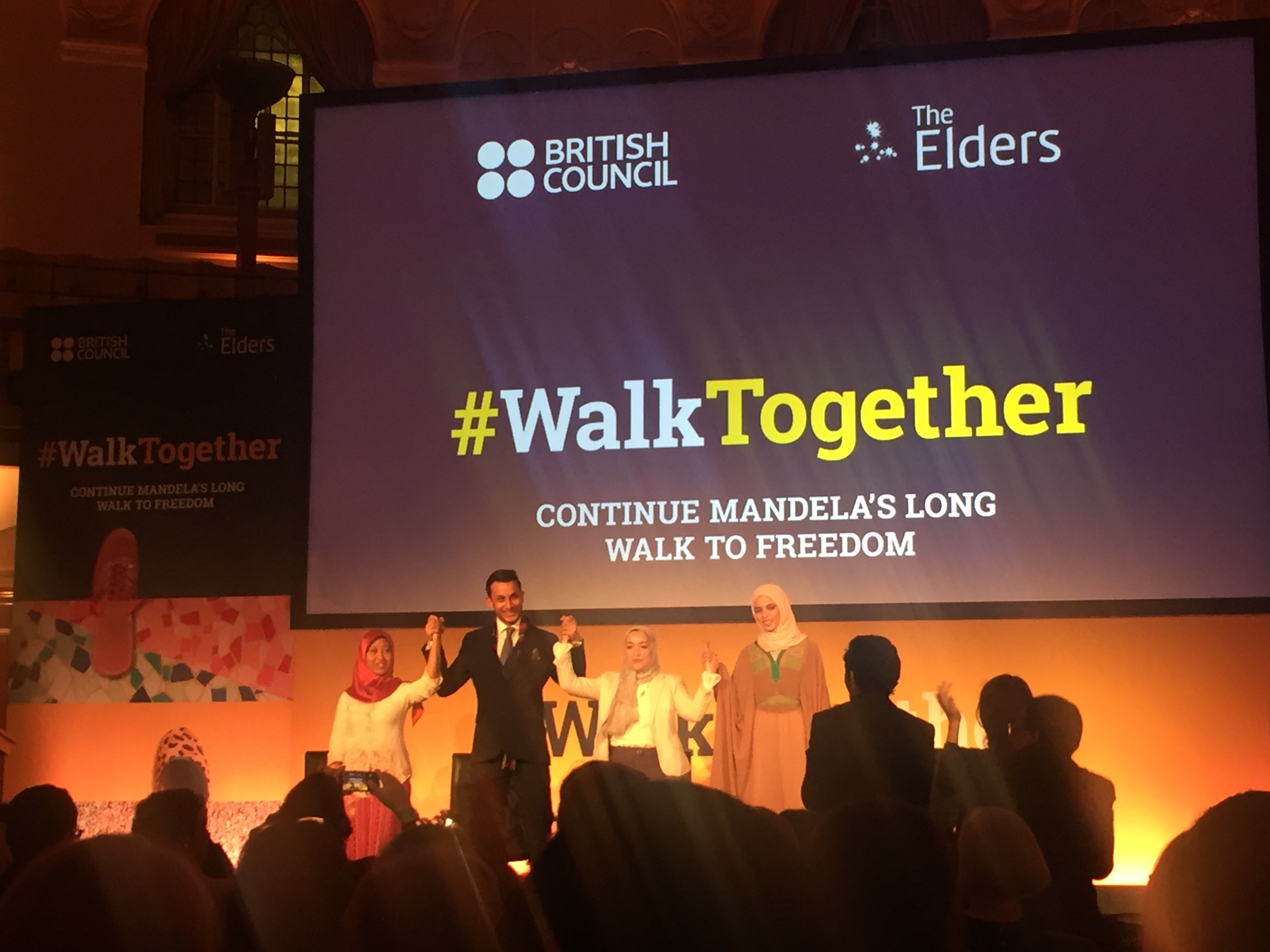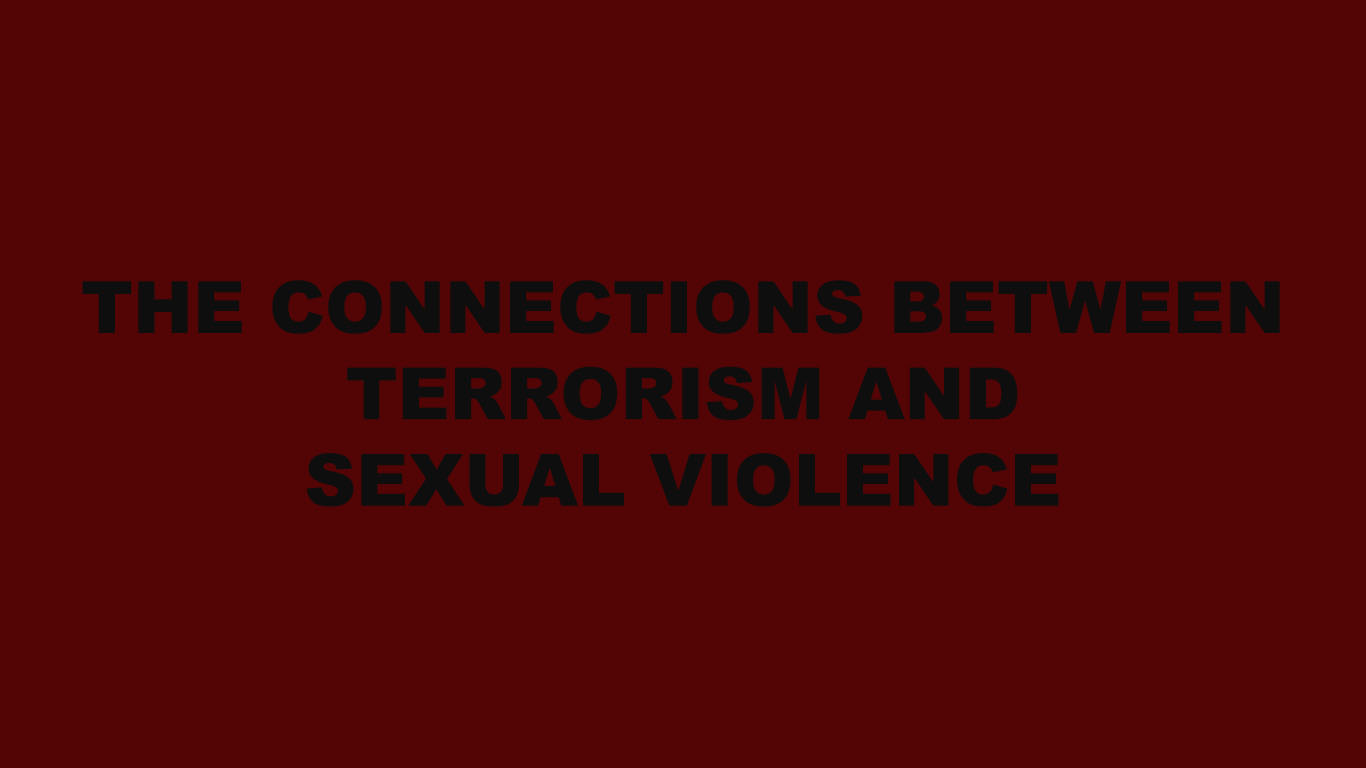
The Forum for European Philosophy is an educational charity that organises events to encourage critical thinking on issues connected with contemporary, cultural and intellectual life. On October, 30th The Forum for European Philosophy organised a public lecture about the meaning of the word refugee. Some people think they know what a refugee is, but they do not know how far this definition goes. The point of this event was to bring three experts in this area of knowledge to have a discussion about whether the current definition of refugee is good enough or if it needs changing.
The discussion was formed by Dr Sarah Fine, fellow at The Forum for European Philosophy and a Senior Lecturer in Philosophy at the King’s College in London; Ahmad Al-Rashid, an author, Syrian campaigner and Violence, Conflict and Development Postgraduate at SOAS; Dr Phillip Cole, a Senior Lecturer in Politics and International Relations at the University of West England in Bristol; and Professor Elspeth Guild, a Jean Monnet Professor at the University of London.
According to the International Organization for Migration in 2017 there have been 157.689 arrivals to Europe via a range of routes across Africa, Asia and the Middle East with an estimated 2.824 dead or missing on Mediterranean routes. There are many more people crossing state borders across the world including over 600.000 Rohingya estimated to have crossed into Bangladesh and hundreds of thousands of people fleeing violence in the Central African Republic. Some people crossing borders are categorised as refugees while others are not. The UN Refugee agency states on its website that ‘migrants are fundamentally different from refugees and thus are treated very differently under International Law. Migrants, especially economic migrants, choose to move in order to improve their lives while refugees are forced to flee to save their lives and preserve their freedom’ – were the words that opened the discussion and set the grounds for what was about to be an enlightening one and a half hour.
The first to take the floor was Elspeth Guild who started her argument with the definition of “who is a refugee”. According to the UN Refugee convention from 1951, a refugee is a person outside their country of nationality – as opposed to an internally displaced person – with a well found fear of prosecution based on their race, religion, nationality, membership of a certain group or political opinion. The professor did note that this was a very straight forward definition and went on to say that the person who fulfils this definition has the right to not be sent back to the place where they fear prosecution.
When refugees arrive in another country, the authorities need to receive an application, and get an opportunity to assess whether the person is in need of protection. Therefore, the states have come up with the term “asylum-seeker”, which basically is an unproven refugee. Moreover, at an international level, the professor mentioned the fact that there is an anxiety among states that there might be a possibility that the definition of a refugee might not be wide enough.
The story of this definition is about the need to express international solidarity and the need for better implementation in future conventions.
Dr. Philip Cole defined a refugee as “someone whose fundamental rights can’t be practiced unless they leave their country”. In his opinion, the definition of a “fundamental right” is also a problematic one because in many parts of the world the fundamental rights are seen as a different set of rights.
Professor Elspeth Gould added that we need the refugee in this discussion because we do not live in a world in which refugees are not welcome. She believes that people do want to protect their neighbours.
Moving on to Ahmad Al-Rashid, he elaborated on the impact of the refugee in a country’s power dynamics and why in some countries such as Turkey or Lebanon refugees are not given citizenship. Offering citizenship to a high number of refugees may disturb the existing balance of power. Ahmad then argued that our desire is to live in a strong international community that, in turn, is made of strong sovereign states. Therefore he asked why are refugees currently not seen as able-bodied people who can contribute to the future of the country. He also pointed out that the simple existence of refugees is problematic, because if they try to “earn their keep” and work an honest job they might be accused of stealing job but on the other hand if they do not do any of that, they might be accused of profiting off of the country’s hospitality.
Minutes before the end of the event, Elspeth Gould made an eloquent plea, asking rhetorically:
Can we please look at refugees as wonderful opportunities for our future?
Moments after that statement, Dr Sarah Fine concluded the discussion with the following phrase:
I will just end with Ahmad Al Rashid’s words: who is a refugee? A refugee is a human being
By Rares Harsan (University of Westminster)




